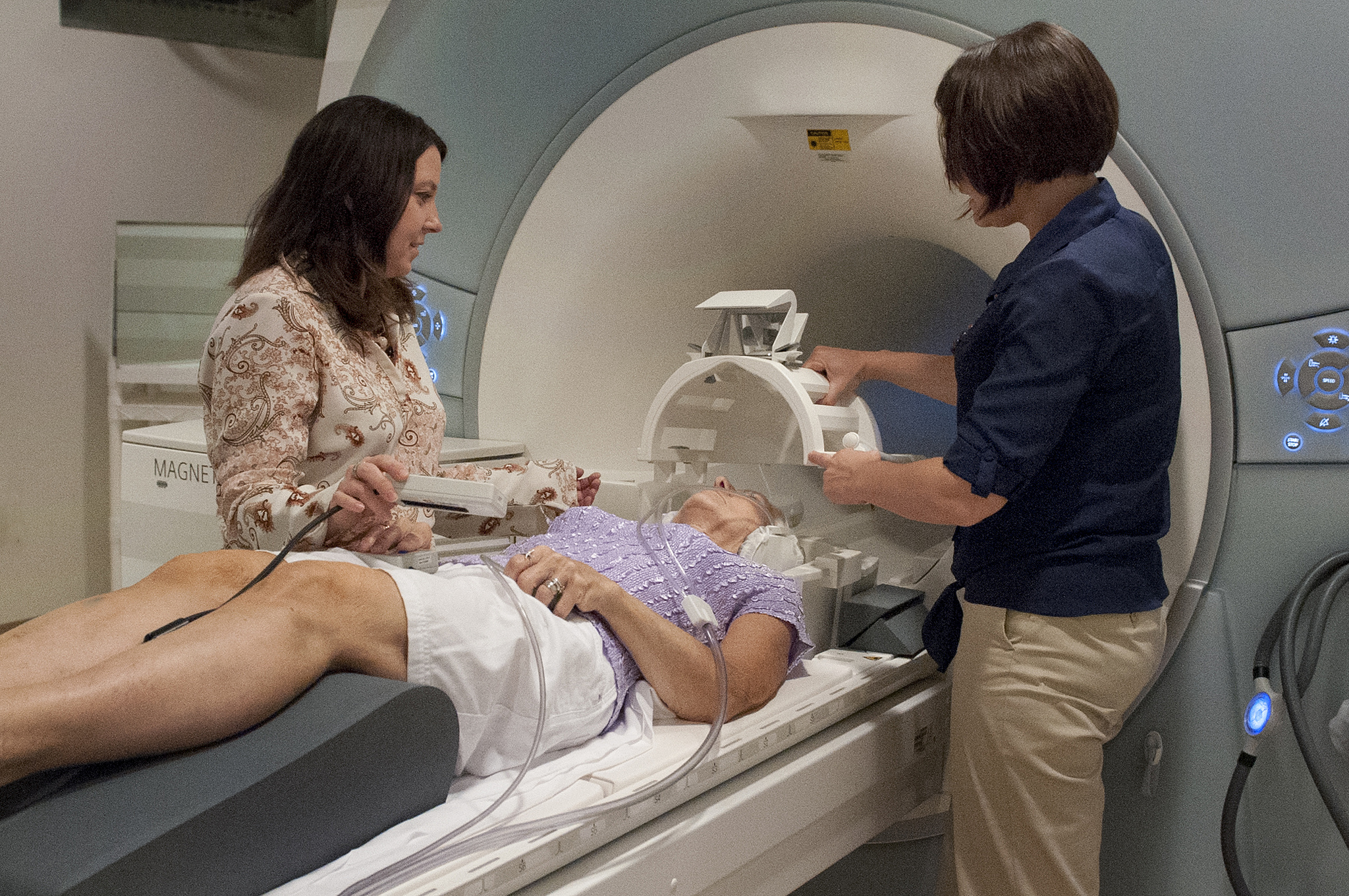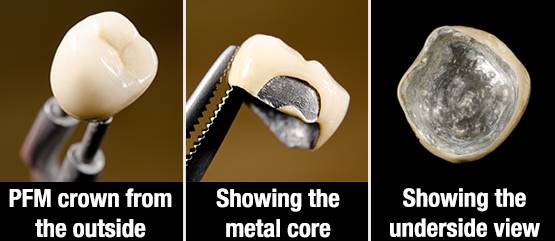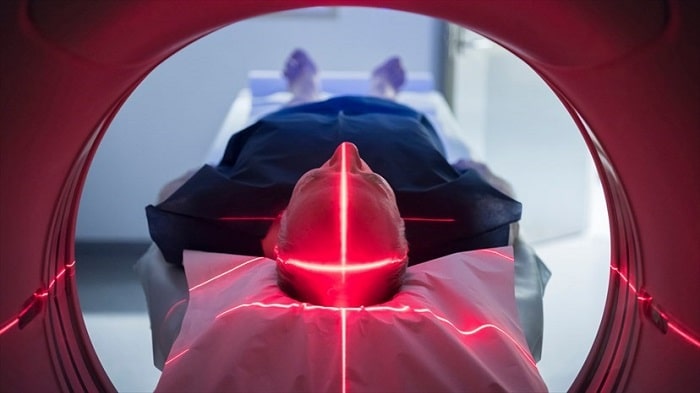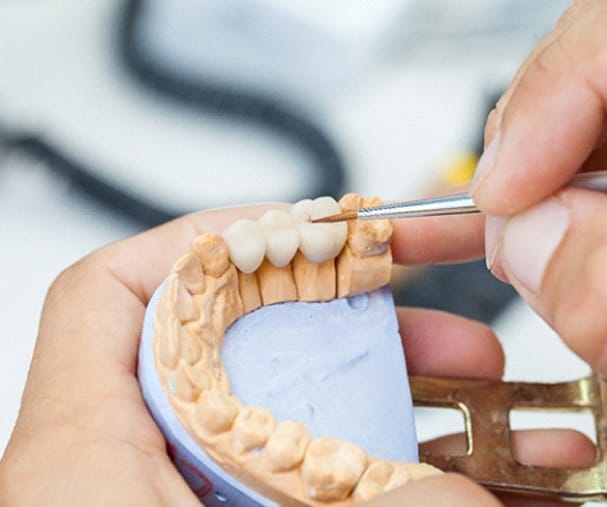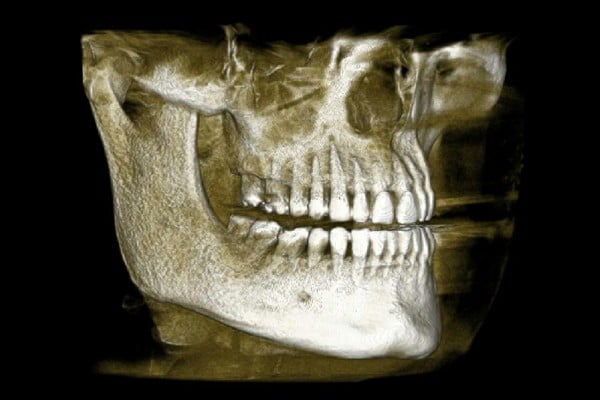Some metals such as the titanium used to make dental implants don t interact with magnetic fields but other metals including nickel and gold will respond when placed in a magnetic field.
Metal dental crown and mri.
In the end it will be radiologist who must diagnose from the mri mages who will tell you if there is a potential problem.
The diagnostic basis of mri is to record the return momentum of the electrons in a strong electromagnetic field.
Metal crowns withstand biting and ch.
Some dental restorations like dental crowns may include traces of these metals.
If you have detachable metal braces or a retainer you should take them out before you get an mri.
Currently for the manufacture of dental crowns are widely used porcelain fused to metal metal ceramic.
According to the cleveland clinic crowns can range in price from 800 to 1 500 or even more depending on the material used in the crown and the size of the tooth.
But sometimes metal dental restorations like dental crowns and metal amalgam fillings can interfere with imaging especially mri.
Four types of effects magnetic resonance imaging mri utilizes powerful magnetic fields to create images of your body.
Modern dental techniques use materials that do not contain magnetic material but if the dental work is older and dates back to before mris became common patients should check with their dentists just to be sure.
Unfortunately metal dental crowns can interfere with your mris.
The age of a crown may be a clue to the material used.
Having a lot of metal in your mouth can distort images if you need an mri of your head or neck making the scan less useful for diagnosis and treatment.
Even so it s best to alert your doctor that you have dental implants if you need an mri.
Metals used in crowns include alloys that have a high content of gold or platinum or base metal alloys for example cobalt chromium and nickel chromium alloys.
Metal objects in the body can still interfere with imaging even if there is a slim chance that they will injure you notes the journal of pharmacy bioallied sciences.
Braces fillings crowns etc may produce small localized shadows that can rarely obscure the anatomy of what they are looking for.
If a patient has a crown made with metal or of porcelain fused to metal they should consult their dentist before getting an mri.
Most metal tooth fillings or other permanent dental implants won t cause a problem.
You should also tell your doctor about any metal fillings crowns braces or dentures.
Here are some of the effects that these metal restorations can cause and how to avoid them.
Through the research it is possible to obtain detailed three dimensional image of the body to assess its function and blood flow.
Crowns made of porcelain composite resin or gold pose no risks from mri.

